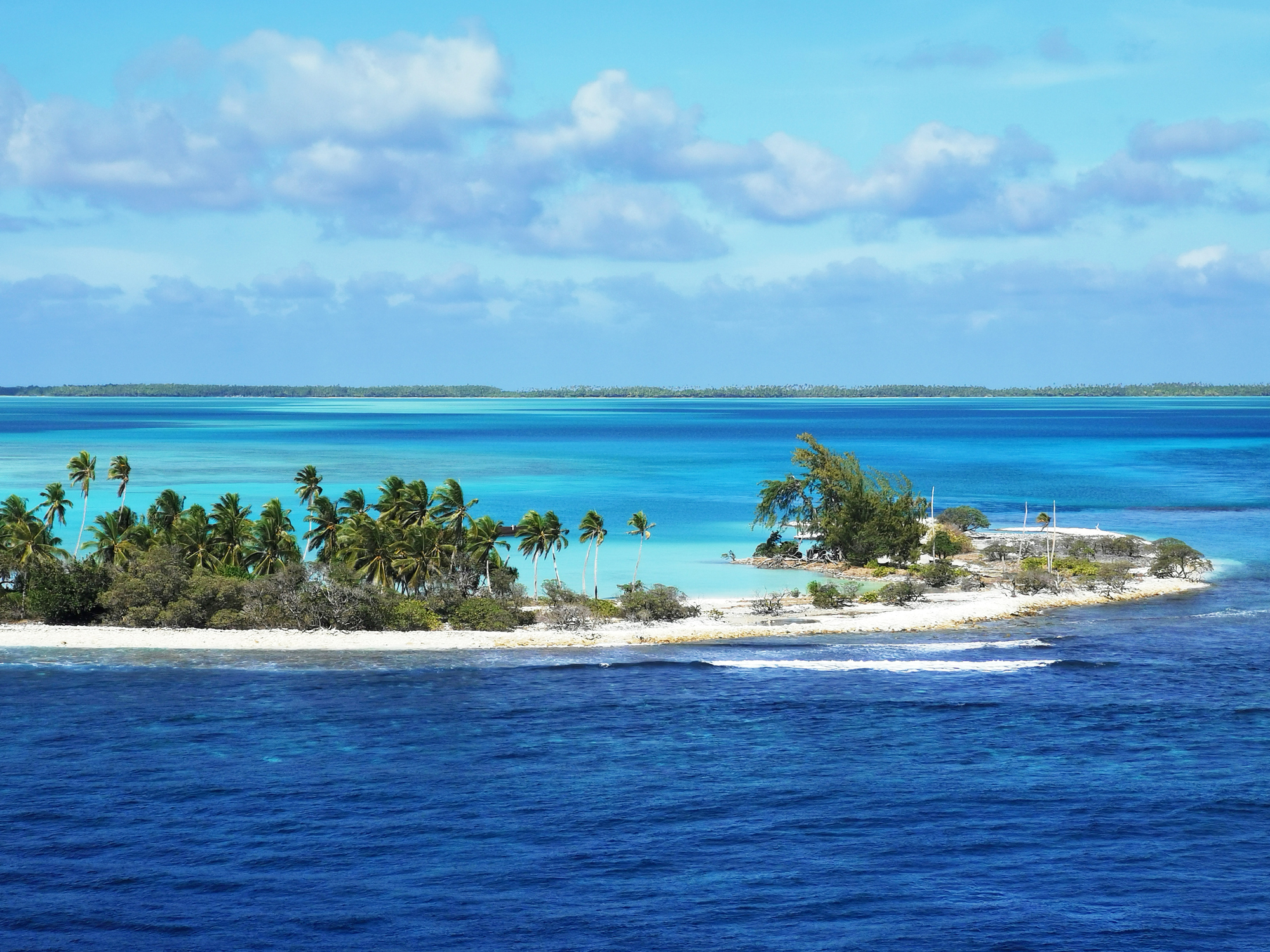Their Time and Our Action is a three-year multi-stakeholder research collaboration between the Commonwealth Secretariat and University of Cambridge to accelerate SIDS access to sustainable finance, particularly in support of improving socio-economic resilience in the post-COVID19 recovery phase and during the current global economic crisis. The focus is on the strategic question: How can we transform the capacity of governments in SIDS to attract sustainable finance to contribute to resilient economies? There are three phases of this project described as follows.
Phase 1 (2021-2022) – Conventional financial thinking focuses on the limited investment opportunities in SIDS and the lack of scale. This research flips this thinking on its head to consider what assets SIDS already have in abundance which can be used to build value creating opportunities. Using this approach, collaborative workshops were held across the Commonwealth, with a wide variety of stakeholders, to identify potential common untapped assets across all SIDS. Stakeholders identified investments in ‘nature’ based projects - for example renewable energy, climate change adaptation, biodiversity conservation - and investments in their young population (‘youth’) as key areas that could form the basis of investable projects to be rolled out simultaneously across countries.
Phase 2 (2022) – Using insights from Phase 1, several investment concepts proposed by stakeholders were further analysed by the Cambridge CRSD research team together with the Commonwealth Secretariat, country level and global experts. During this stage, the innovative collaborative ‘Common Pool Asset Structuring Strategy’ (COMPASS) was developed. A new approach to data collection in support of investments in ‘nature’ and ‘youth’ was also crafted and tested. This approach - called the Political Economic Resilience Index (PERI) - will form a critical part of identifying investment opportunities and demonstrating investor impact.
Phase 3 (2023-2024) – The third phase brought together multiple stakeholders, from High Commissioners of Small Island Developing States to selected postgraduate students, to stress-test COMPASS through the Cambridge Policy Simulation Lab. A suite of novel methodologies were brought together to generate and evaluate unique policy solutions aligned with the goals of COMPASS. These included: Creative Ideas Studio (CIS), a think-tank session for brainstorming innovative finance solutions; Cambridge Power Mapping (CPM), a strategic tool for identifying key stakeholders and their influence on policy implementation; Institutional Feasibility Study (IFS), an analysis to assess the practicality of proposed policies within existing institutional frameworks; Cambridge Feedback Mapping (CFM), a mechanism for visualising the impact of policies and receiving feedback from affected communities; Tigers' Den, a critical review panel akin to a shark tank, where proposed policies are rigorously challenged and refined. This approach signifies a shift towards a system thinking and creative thinking framework, ensuring that financial models like COMPASS are not only innovative but also feasible, impactful, and resilient.
Her Excellency Karen-Mae C. Hill, Obe, High Commissioner of Antigua and Barbuda
Speaking at the Cambridge Policy Simulation Lab
His Excellency Paul A. Gomez High Commissioner of the Commonwealth of The Bahamas
Speaking at the Cambridge Policy Simulation Lab
Banner image © Gail Shotlander/Moment via Getty Images

